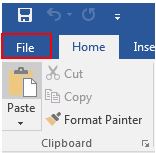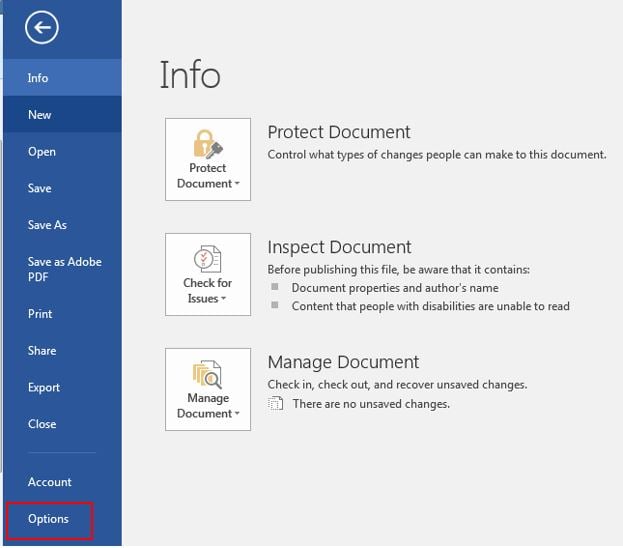The campus community is invited to a forum on the Intensive English as a Second Language program on March 17 from 3 to 5 p.m. in Walker 102A. The forum is an important part of the IESL program’s ongoing self-study process for accreditation. IESL is seeking independent accreditation from the Commission on English Language Accreditation. A draft of the self-study report is available at the following offices:
*International Programs and Services
*The Graduate School
*The Waino Wahtera Center for Student Success
*The office of the College of Sciences and Arts
*The office of the chair, Department of Humanities
Published in Tech Today.


